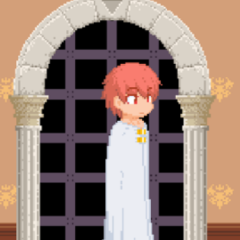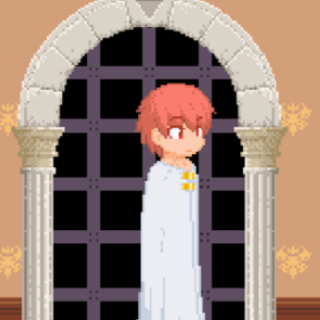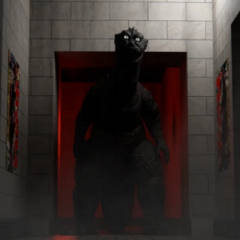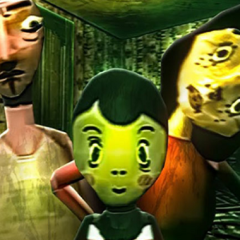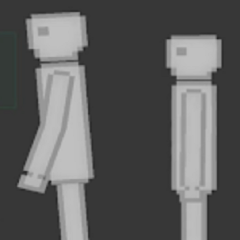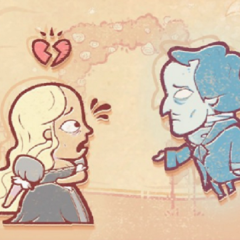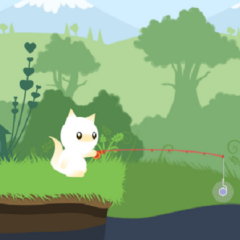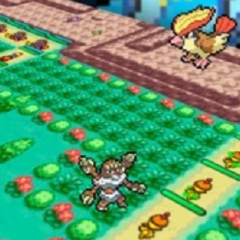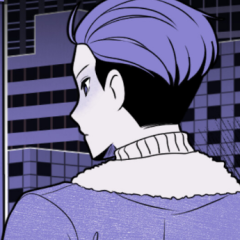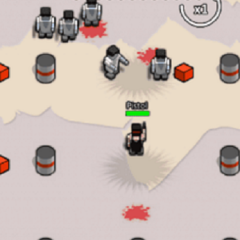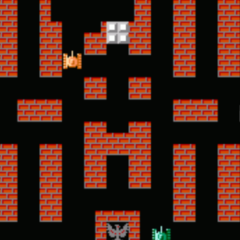There are environments in games where not everything needs to be explained. Instead of offering direct instructions or familiar logic, these spaces ask players to pay attention to mood, pacing, and silence. Something about them resists clarity, and in that resistance lies the engagement. Within such a setting, Castle Of Temptation emerges—not as a destination, but as an idea that shapes the experience indirectly.
Movement Without Direction
Exploration is not always linear. Sometimes players move through scenes not to reach a goal but to understand why they are still moving. In these moments, there might be no clear enemy, no visible timer, and no reason to rush. Castle Of Temptation fits into this ambiguity, offering spaces that fold in on themselves and events that feel more like echoes than milestones. A door might open without being touched, and the purpose of a room might never be stated.
Fragments in the Dark
In a world shaped by suggestion rather than rule, the smallest details feel amplified. Players might find themselves reacting more to atmosphere than mechanics. A sudden sound, a visual shift, or a message left half-finished can carry weight. Castle Of Temptation makes use of these techniques to great effect. Though much remains unseen or unexplained, certain patterns may begin to stand out:
· Locations that seem familiar before they’re discovered
· Characters who appear but never speak
· Objects that behave differently when not being watched
· Moments that reset but feel changed
· Music that fades as soon as you recognize it
The Weight of Interpretation
Meaning becomes something personal. Each player may leave with a different idea of what the game was about, or whether it had a central message at all. Castle Of Temptation doesn’t force a narrative. It allows the player to bring their own thoughts into the space, and these thoughts shape what is remembered. The game may be completed in one sitting, or not at all. Completion, in this case, might not involve an ending.
A Quiet Exit
When the screen fades and the input stops, something lingers. It isn’t satisfaction or resolution. It’s more like a question that hasn’t been asked yet. Castle Of Temptation, whether played to the end or left mid-way, becomes a fragment of thought—a place that existed once and maybe still does. In a way, that’s its lasting impact: not in what it was, but in how it refused to explain itself.

